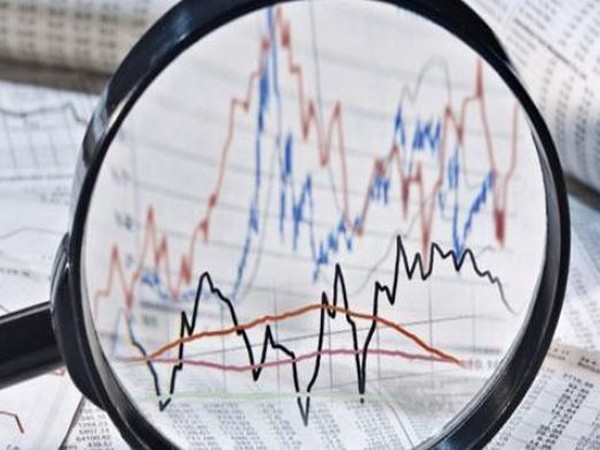GLOBAL ECONOMY-Factory growth feeble in June, feeding global recession fears
Global factory growth stalled in June as higher prices and a darker economic outlook left consumers wary of making purchases while China's strict COVID-19 lockdowns and Russia's invasion of Ukraine added to supply chain disruptions, surveys showed.

Global factory growth stalled in June as higher prices and a darker economic outlook left consumers wary of making purchases while China's strict COVID-19 lockdowns and Russia's invasion of Ukraine added to supply chain disruptions, surveys showed. Economic slowdown risks in Europe and the United States have reinforced fears of a global recession and market concerns have increased that aggressive U.S. interest rate hikes to tackle soaring inflation will push the country into a downturn and cut global demand.
"Between central banks digging their heels in to counter inflation and growing fears there is absolutely no path to a soft landing for the global economy, there are few, if any, places to hide," said Stephen Innes at SPI Asset Management. Euro zone manufacturing production fell last month for the first time since the initial wave of the pandemic two years ago. S&P Global's final manufacturing Purchasing Managers' Index (PMI) fell to 52.1 in June from May's 54.6, its lowest since August 2020.
An index measuring output that feeds into a composite PMI due on Tuesday and seen as a good gauge of economic health, sank below the 50 mark separating growth from contraction to a two-year low of 49.3. British manufacturing lost momentum as new orders contracted at the fastest rate in two years, adding to signs of a stalling economy.
Meanwhile, Asia's manufacturing activity slowed as supply disruptions caused by China's COVID-19 lockdowns hit many companies. Surveys showed China's factory activity recovering in June, though a slowdown in Japan and South Korea, as well as a contraction in Taiwan, highlighted the strain from supply disruptions, rising costs and persistent material shortages.
China's manufacturing activity expanded at its fastest in 13 months in June as the lifting of COVID lockdowns sent factories racing to meet demand. Yet policy tightening across other economies facing red-hot consumer price pressures has stoked fears of a global economic downturn and shaken financial markets.
EAST-WEST TUG OF WAR "There's hope China's economy will pick up after a period of some weakness. But now there's a risk of slowdown in the U.S. and European economies," said Yoshiki Shinke, chief economist at Japan's Dai-ichi Life Research Institute.
"It will be a tug of war between the two, though there's a lot of uncertainty over the global economic outlook." The final au Jibun Bank Japan Manufacturing PMI slipped to 52.7 in June from 53.3 in the previous month.
South Korea's S&P Global PMI fell to 51.3 , dropping for a second month, reflecting supply constraints and a truckers' strike. Separate data showed South Korean exports, seen as a proxy for global trade because its manufacturers are positioned in many parts of the world supply chain, growing at their slowest pace in 19 months.
On the brighter side, China's Caixin/Markit manufacturing PMI rose to 51.7, marking the first expansion in four months and well above analysts' expectations for 50.1. The Caixin survey, which focused on export-oriented and small firms in coastal regions, follows official data showing the country's factory and service sectors snapped three months of activity decline in June.
India's PMI showed factory output expanded at its slowest pace in nine months, as elevated price pressures restricted demand and output. Lockdowns in China have snarled regional and global logistics and supply chains, with both Japan and South Korea reporting sharp declines in output.
China's economy has started to chart a recovery path out of the supply shocks caused by strict lockdowns, though risks remain such as diminished consumer spending and fear of a further wave of infections.
(This story has not been edited by Devdiscourse staff and is auto-generated from a syndicated feed.)










